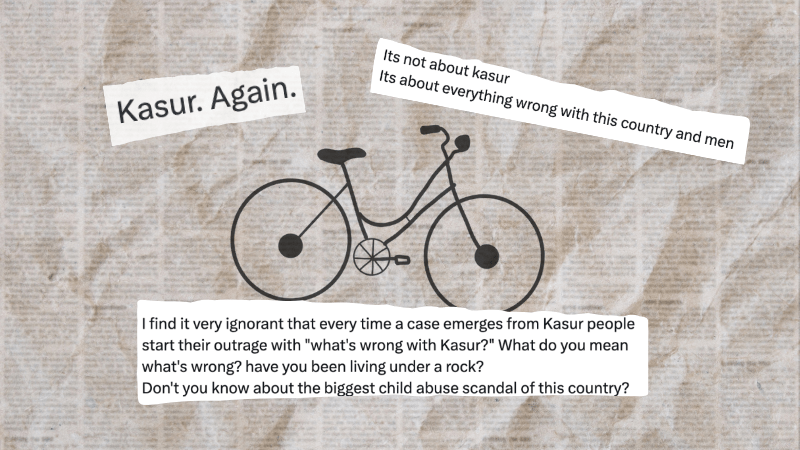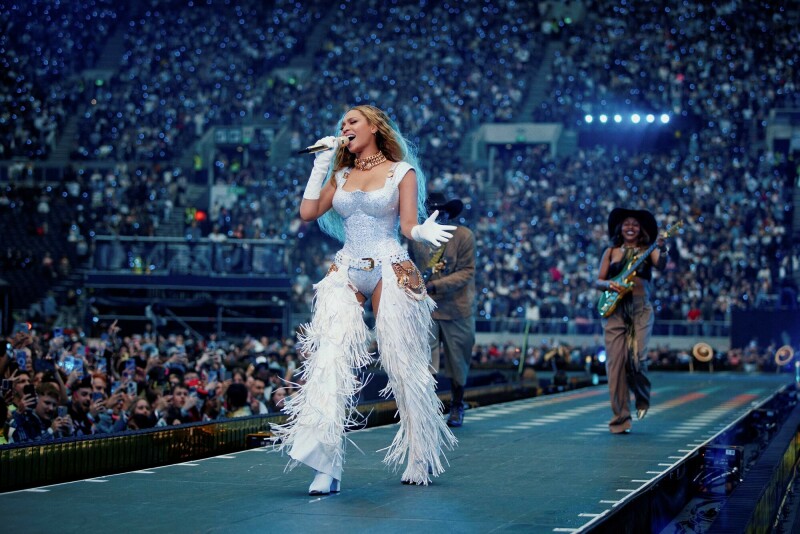Ajoka performs adaptation of Brecht's 'The Resistable Rise of Aurturo Ui'
On Saturday night Ajoka Theatre returned to the capital with Bala King, an adaptation of German playwright Bertolt Brecht’s the Resistable Rise of Aurturo Ui. Ajoka Theatre has been synonymous with social and political commentary since the group’s inception in 1984.
So it is perhaps natural that Ajoka finds inspiration in the work of Brecht, who thought of theatre as a forum for political ideas and used his plays to inspire audiences to recognise injustice and exploitation.
Brecht’s play follows the rise of a fictional character Arturo Ui, a Chicago gangster in the 1930’s who attempts to control the city’s vegetable trade by ruthlessly disposing opposition.
The character of Arturo Oi is a satirical allegory for Adolf Hitler and the rise of the Nazis in Germany.
Speaking to the audience before the performance, Ajoka’s Shahid Nadeem, who adapted the play in Punjabi said Brecht is so relevant to modern day Pakistan that adaptations often ruffle feathers among the ruling elite who think the characters have been inspired by Pakistani politicians.
The play opened with an upbeat Punjabi song with tongue-in-cheek lyrics, performed live on stage which set the tone for the rest of the play which was cleverly witty but with a serious message.
The skill of the actors on stage was evident from their comfort on stage and their ability to deliver dialogue without the aid of microphones.
The entire space on the stage was effectively utilised and the set, which was a riot of colours, with images from Lollywood film posters and truck art, transported the audience to Taxila Gate in Lahore, the fictional world of Bala King.
In this adaptation, Ui is replaced by the character of Bala, a pehlwan who decides to leave Taxila Gate and try his luck in Badami Bagh and the business of inner city transport.
Bala uses bribery and intimidation to influence businessmen and shopkeepers to accept his protection.
Bala reinvents himself as Bala King and takes lessons in public speaking and politics and eventually manages to establish his control over the area.
The tongue-in-cheek humour of the play and the jabs at Pakistani politicians were not lost on the audience, many of whom were in fits throughout the performance.
A scene where Bala takes lessons in public speaking from an actor and attempts to reinvents himself as a respectable member of society was especially loved by the audience who could see the parallels between Bala and their public representatives.
Saturday’s performance was supported by the German Embassy and a large number of Germans and nationals of other countries were present in the audience.
A screen with subtitles for the dialogues had been put up to aid non-Punjabi speaking audiences but many scenes were not properly translated and much of the humour was lost in translation.
Perhaps a more diligent translation of the play in the future can help make Ajoka accessible to the multilingual audience in the capital.
However, Bala King performed in Ajoka’s style, true to the South Asian theatrical traditions of Bhand and Nautaki and with a strong political message criticising the role of money in politics was a great success.
Originally published in Dawn, May 1st, 2017













Comments